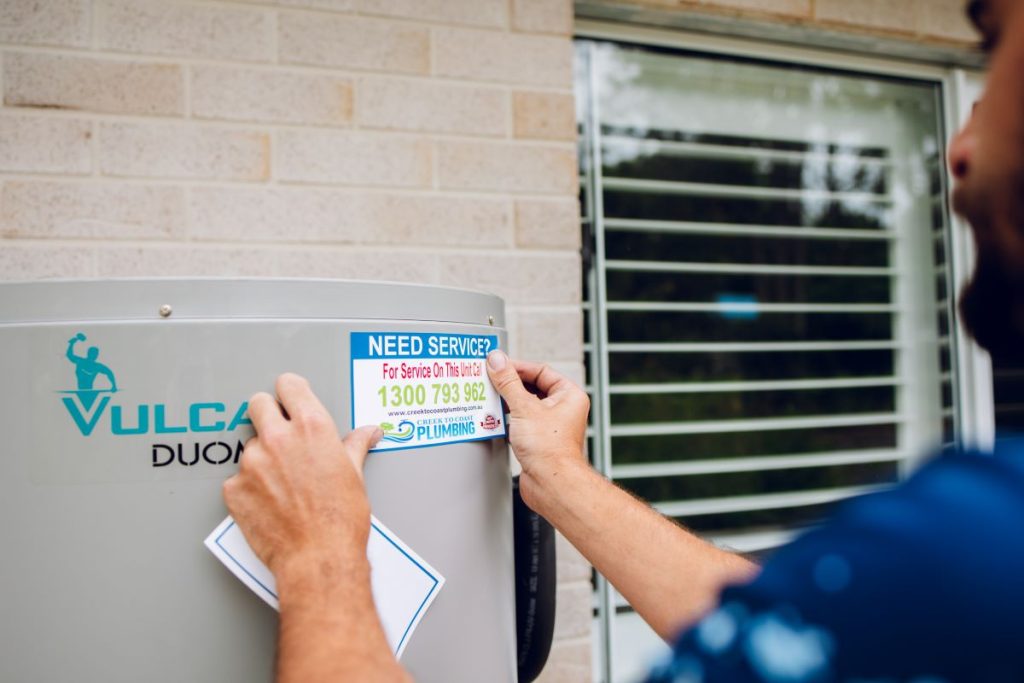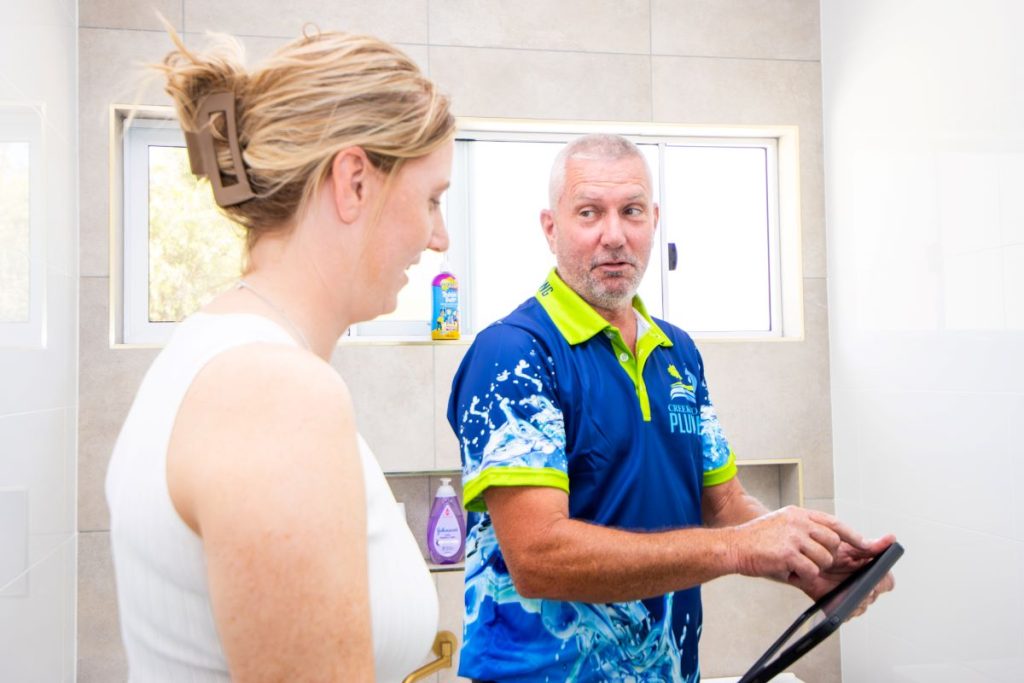Hot water systems operate continuously, ensuring you have access to hot water whenever you need it. However, just like any other household appliance, they eventually reach the conclusion of their functional life. Being able to recognize the signs that suggest your system may need replacement is crucial. This awareness can help you avoid unpleasant situations, such as unexpected cold showers, the potential for water damage, and costly emergency repairs that could disrupt your everyday activities.
How long can you expect your hot water system to function effectively? The lifespan of these systems can vary widely depending on the type of system you own and the level of maintenance it receives. By routinely inspecting and maintaining your hot water system, you can significantly increase its longevity and ensure it operates consistently and efficiently.
Let’s explore the details to enhance your understanding.

Understanding the Lifespan of Various Hot Water System Types
Here’s a general overview of what you can expect regarding the lifespan and performance of the most common hot water systems found in Queensland homes:
Electric Storage Hot Water Systems
- Lifespan: Typically between 8–12 years
- Reasons for Failure: Common issues include internal corrosion, worn-out anode rods, and sediment accumulation that can impair performance.
- Signs to Monitor: Watch for rusty or discolored water, leaks at the base of the unit, or delays in heating, as these may signify underlying problems.
Gas Storage Hot Water Systems
- Lifespan: Generally lasts 8–12 years
- Reasons for Failure: Similar issues to electric models can occur; however, these systems may fail sooner, especially in salty coastal environments.
- Signs to Monitor: Pay attention to pilot light issues, lower water temperatures, or unusually high gas bills, which may indicate inefficiency.
Instant Gas Hot Water Systems (Continuous Flow)
- Lifespan: Ranges from 10–15 years
- Reasons for Longevity: These systems do not have a storage tank, which greatly reduces the risk of corrosion and subsequent failures over time.
- Signs to Monitor: Be alert for inconsistent water temperatures, ignition failures, or diminished water flow rates, which may suggest a need for maintenance.
Electric Instant Hot Water Systems
- Lifespan: Generally lasts 10–15 years
- Common Issues: Failures may often arise from malfunctioning heating elements or thermostats, potentially compromising overall performance.
- Warning Signs: If you notice fluctuations between hot and cold water or longer heating times than usual, these could indicate underlying issues.
Heat Pump Hot Water Systems
- Lifespan: Typically lasts 10–15 years
- Efficiency: These systems are known for their high energy efficiency; however, they can be sensitive to climate and installation location, which can impact their performance.
- Signs of Trouble: Indicators of potential issues may include louder-than-normal operation, extended heating cycles, or rising energy bills, suggesting a need for inspection.
Solar Hot Water Systems
- Lifespan: Solar panels can last 15–20+ years, while the storage tank typically lasts 8–12 years
- Note: In many cases, the storage tanks wear out before the solar collectors, which can negatively impact overall system performance.
- Signs to Monitor: Be vigilant if water fails to heat adequately on cloudy days or if you observe rusty water or issues with booster operations.

Identifying the Key Warning Signs of a Failing Hot Water System
Even before your hot water system reaches its expected lifespan, it may begin exhibiting warning signs that indicate it is under stress. These concerning signs include:
- Fluctuating Temperatures
If your water takes longer to heat up or runs out more quickly than in the past, it may be time to investigate these changes further. - Rusty or Discolored Water
This often signals corrosion within the tank or a failing anode rod, both of which need immediate attention to prevent further damage to your system. - Unusual Noises
Popping, gurgling, or banging sounds during the heating cycle frequently indicate sediment buildup inside the tank, which can significantly affect efficiency and performance. - Leaks or Pooling Water
Even a minor drip can suggest that your tank may be developing cracks or that the valves are beginning to fail, necessitating prompt inspection and repair. - Higher Energy Bills
An aging hot water unit often struggles to produce the same volume of hot water, leading it to work harder and, as a result, causing increased energy costs.
Understanding How Seasonal Changes Affect Hot Water System Efficiency
In Queensland, the transition from warmer to cooler months can present significant challenges for older hot water systems. As outdoor temperatures drop, these systems must exert more effort to maintain the desired water temperature. Those nearing the end of their lifespan may encounter complete failure during this crucial period, potentially leading to uncomfortable situations.
Recognizing When It's Time to Replace Your Hot Water System
If your system exhibits any of the following characteristics, it may be time to consider a replacement:
- Over 10 years old
- Frequently experiencing breakdowns or inefficiencies
- Failing to meet your household’s hot water demands
- Showing visible signs of wear or corrosion
If you notice these indicators, it could be the right moment for an upgrade to a more efficient model.
At Creek to Coast Plumbing, we don’t merely replace your unit; we also assess various factors such as your family size, water usage habits, energy preferences, and the layout of your home to recommend the most efficient and cost-effective hot water system tailored to your specific needs.

Making Informed Choices: Selecting the Ideal Hot Water System for Your Home
Based on your specific needs and household requirements, our experienced team may suggest:
- Electric or Gas Storage systems, known for their reliability and cost-effectiveness, ideal for traditional homes.
- Continuous Flow (Instant) systems, perfect for smaller homes or households with lower hot water consumption needs.
- Heat Pumps, which provide substantial energy savings, particularly advantageous in warmer climates.
- Solar Hot Water systems, designed to ensure long-term cost savings while promoting environmental sustainability for a greener lifestyle.
We also evaluate whether the current placement of your hot water system is optimal or if relocating it could enhance performance and overall efficiency.
Seize the Opportunity for a Hot Water System Upgrade
Replacing your hot water system at the right time is not solely about avoiding system failure; it also offers an opportunity to upgrade to a more reliable, energy-efficient model that better aligns with your lifestyle and specific needs.
If your unit shows signs of aging or if you are uncertain about which system is best suited for your home, the licensed plumbers at Creek to Coast Plumbing are ready to provide you with expert guidance tailored to your unique situation.
The Article: Hot Water System Lifespan: A Guide for Queensland Homes first appeared on https://writebuff.com
The Article Hot Water System Lifespan Guide for Queensland Homes Was Found On https://limitsofstrategy.com




No responses yet